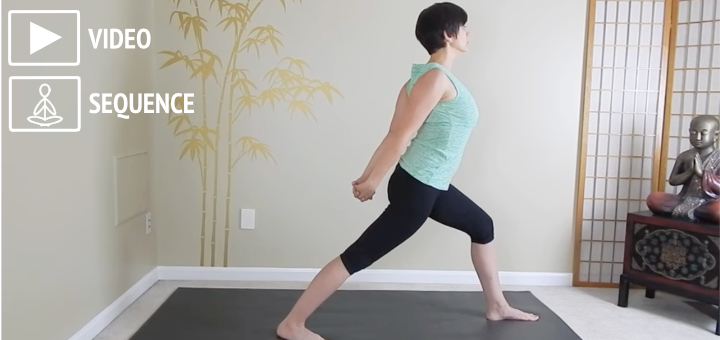How to train your memory and encourage learning

My family and I are going to Spain later this summer, so not long ago, I started taking Spanish lessons. And even though I already speak two languages, boy is it difficult! I can feel my brain at times quietly resisting this challenge and at times actively rebelling. The problem is not merely memorizing unfamiliar words but asking the brain to work in a slightly different way since many of the concepts in a foreign language are different.
But this is exactly the reason learning a foreign language is often recommended to keep the brain agile; it doesn’t just train memory and encourage learning, but it also opens your mind to new ways of looking at things. Barbara Zurer Pearson, in her book Raising a Bilingual Child, summarizes the benefits of learning a foreign language. Some of them are:
– Divergent thinking “Another area of thinking where bilinguals have been shown to excel is divergent thinking, which is the ability to come up with many different solutions rather than just one. Divergent thinking is considered to be one of the basic elements of creativity.”(1)
– Selective attention “With different language pairs, at different ages, bilinguals consistently excel in selective attention. Bilinguals do better than monolinguals on tests that require them to focus on just one or two aspects of a task while suppressing attention to its other aspects.”(1)
– Open mind “The two languages of bilinguals focus their attention on more aspects of events, so they are able to make a wider set of distinctions in perceiving the world. Bilinguals also profit from having perspectives within more than one language, which can make them sensitive to the fact that each view is only one of many possible views.”(1)
Learning a foreign language challenges and stimulates your intellectual mind in a number of ways, and you can use this effectively in your yoga practice when you are trying to change your way of thinking. No, I am not asking you to sign up for a foreign language course (although it could be fun!) but to experiment with chanting in your yoga practice.
Chanting is considered one of the two most effective tools for working on the Manomaya (intellectual mind) level. One reason for that is that you usually chant in a foreign language (Sanskrit), which helps you get some of the benefits listed above: facilitate learning, strengthen memory, promote divergent thinking, train your attention, and expand your mental horizons.
Chanting affects us on a number of other levels:
- COGNITIVE: It means something. You can use the meaning of the chant to promote a specific mental state or resolve nagging issues.
- INHERENT: In yoga it is believed that certain sounds have inherent meaning on the level of symbol and vibration, whether or not you understand it consciously. For example, in many cultures the syllable “MA” is associated with mother.
- ENERGETIC: Sound has an energetic effect as well, based on pitch and volume. You can also use a chant to measure the length of your inhalation and exhalation. Depending on the relative length of the inhalation and exhalation part of the breath, it will have a brhmana or langhana effect on the system.
According to my teacher Gary Kraftsow, one of the most useful things that we can accomplish with chanting is to use it as a “digestive enzyme to metabolize our neurosis.” We already established that constant mental activity is your brain’s way of processing incoming information. You cannot shut it down, but you can channel it. Do you know how you sometimes get a song stuck in your head? You just keep singing it in a loop, overriding other loops in your brain. But instead of an annoying song, you can choose a chant that actually means something to you and helps you feel uplifted. It can be anything you like – a line from a poem, a phrase, a quote, a mantra. It can be in any language you like, although you are more likely to focus if it’s NOT in your native language; otherwise, it’s too easy to go on autopilot. Link the chant to your breath, repeat it for a while, and before you know it, the negative pattern that runs through your mind is replaced by something positive.
Using chanting in your yoga practice is very effective for resolving issues on the level of the intellectual mind.

This yoga practice helps us express gratitude for the important things in our lives through sound, movement, and meditation.
Resources
- Raising a bilingual child by Barbara Zurer Pearson










Thank you for all your great posts. This one got me thinking divergently: chanting could help me focus on learning new terminology, such as sanskrit names of poses or anatomical terms for a targeted area. I know this is not exactly what you had in mind, but it could still work for me. Btw, I like your quilt-square style icons that appear beside each commenter’s name.